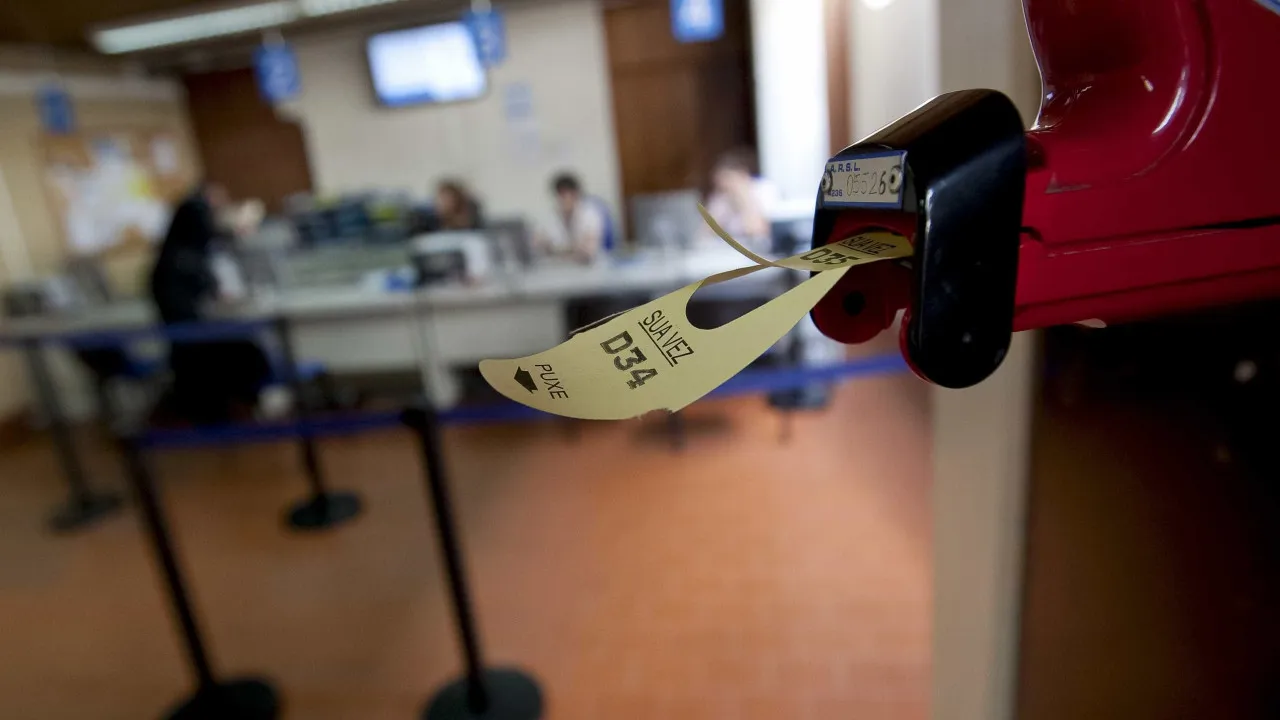
An alert has been issued as part of a study titled ‘Continuity and Change in Public Policies in Portugal’ by the Francisco Manuel dos Santos Foundation (FFMS). This study examines the three main tools available to governments for controlling the direction of public policies: administrative reorganizations, budget allocations, and appointments to leadership positions.
Researchers emphasize concerns over the use of the substitution regime, which, “although designed to ensure service continuity during transition periods, has often been used in a prolonged manner, circumventing more rigorous and transparent selection processes.”
“This practice not only undermines the meritocracy and professionalization of public administration but can also lead to instability and discontinuity in sectoral policies,” they add.
This “excessive use” has become more apparent “since the late first decade of the 21st century” and “seems to suggest” that it is employed “as a tool to bypass merit-based selection mechanisms, such as the CReSAP” (the commission managing public administration leadership recruitment), established in 2011, according to the study by António F. Tavares, Patrícia Silva, and Pedro J. Camões, which analyzes the evolution of public policies between 1976 and 2020.
While recognizing the “flexibility” this regime provides in emergency situations and its role in avoiding the bureaucratic rigidity associated with recruitment processes, the researchers acknowledge that “it may be necessary to bolster legislation” to limit the use and duration of these appointments.
They recommend the “creation of a Public Appointments Observatory, integrated into the CReSAP but with functional autonomy,” to “monitor and evaluate all appointment processes, including substitution appointments,” as a way to “enhance monitoring and transparency.”
Overall, this observatory would aim to: “maintain an up-to-date database of all substitution appointments, including their duration, justification, and profile of appointees,” “issue periodic reports on patterns of use of this regime,” “create an automatic alert system when a substitution appointment exceeds a certain timeframe,” and “make this information publicly available through an open-access digital platform.”
As an alternative, the researchers propose establishing a “mandatory pre-evaluation system for substitution appointments exceeding a certain period (e.g., 90 days),” involving “an independent technical panel,” with its assessment being binding.
“These mechanisms would allow for greater transparency and accountability in the use of the substitution regime, without compromising its agility when truly necessary,” they conclude.




